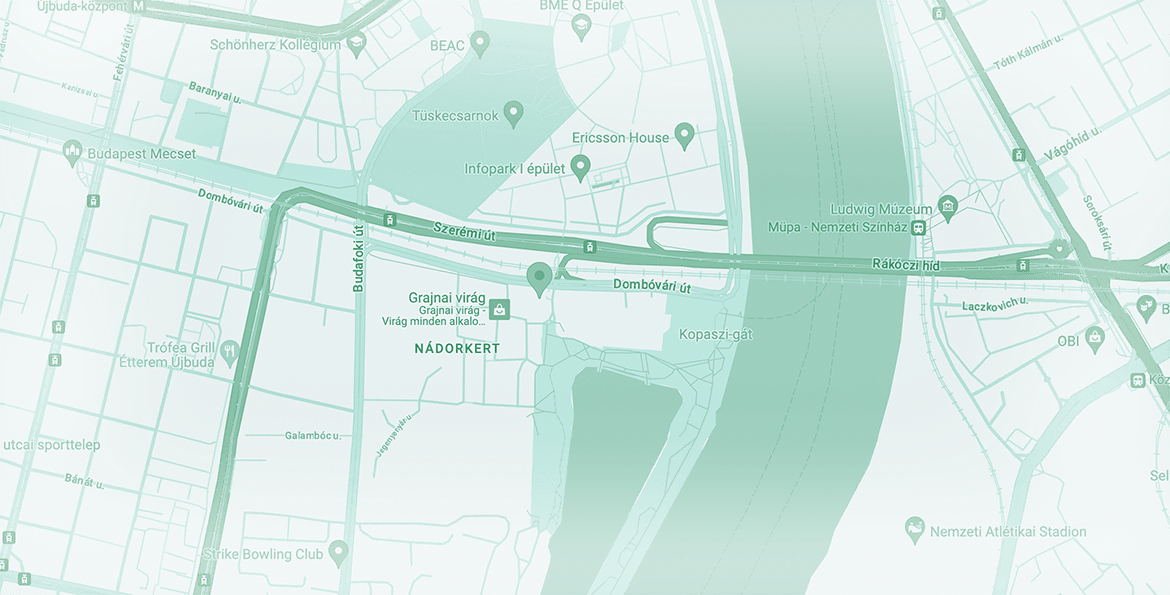
Hungarian names: a quick guide
Just like Hungarian language, Hungarian names are different from what you have in the rest of Europe. This goes for word order, naming conventions, and name structure too. Read on to get a quick overview of naming conventions in Hungary.
Just like Hungarian language, Hungarian names are different from what you have in the rest of Europe. This goes for word order, naming conventions, and name structure too. Read on to get a quick overview of naming conventions in Hungary.
Word order in Hungarian names
First of all, Hungarian names are back to front (compared to the majority of the Western world). The family name comes first, followed by the given name, of which there might be one or more. What the English calls the first name is in fact the given name, which never comes first in Hungarian, while the “middle” name comes last, as the second given name.
A person normally has one family name and one or two given names. The family name usually comes from the father’s side. Women usually change their name upon getting married, although trends are changing in this regard. (More on this later, in a separate article.)
Click here to learn more about family names in Hungary.
Given names in Hungary
To foreigners, often the most shocking aspect of Hungarian names is that you cannot choose any name for your child. There is a list of names available to boys and girls (separately), managed by the Hungarian Academy of Sciences (you can check it online here), updated monthly. If you want a name that is not included in the list, you must apply to the Academy for a permission at least 30 days in advance. Foreign names might be allowed with a Hungarian spelling, so if you want your child to be called Jennifer, her name will probably be written as Dzsenifer.
At the same time, many Hungarian names have equivalents in other languages, especially those that come from Judeo-Christian tradition, which has been prevalent in Europe over the last two thousand years. For example, Daniel is Dániel, Andrew is András or Endre, Margaret is Margit, Christina is Krisztina.
In Hungary, there is also a tradition of name days, when people are celebrated on a day dedicated to their name (in fact, originally to the Christian saint after who they were named). In line with this, every name has one or more name days assigned to it; “new” names can be celebrated on the 15th of January, April, July, or October.
Changing your name in Hungary
While your name is one of your basic pieces of data, you are certainly allowed to change it. If you are changing your name when getting married (or divorced), you can do it for free; otherwise it costs HUF 10,000 for the first time (ca. EUR 25), and HUF 50,000 (ca. EUR 125) every subsequent time. If you have changed your name once, you can do it again only after 5 years (unless you are getting married or divorced).
You can choose any name that is in line with Hungarian naming traditions, fits your gender, and is not a historical name (the name of a historical family or figure, usually written with a traditional spelling). E.g. you cannot choose to be called Széchenyi or Kossuth; similarly, you cannot choose Eötvös, which is a historical family name, while you can go for Ötvös, which is a regular name (in fact, a name based on a profession).
When you change your name, you must change it everywhere: in your ID documents, with your bank, with your utility providers, and every other provider where you might be asked to identify yourself to access services. There is usually no strict deadline to do so, and the process is quite simple. However, you should take care of this as soon as possible so you can continue to access the services you are paying for without any hassle.
Are you applying for Hungarian citizenship with a foreign name?
When becoming a Hungarian citizen, you can keep your foreign name, but you can also ask to change your name to reflect your new Hungarian identity. In this case, you can change your family name to match the name of one or more of your ancestors whose citizenship you based your application on. You can also change your given name to the Hungarian equivalent of your original given name.
Do you need help with the procedure? The Helpers Team offers comprehensive assistance in acquiring Hungarian citizenship, from family tree research through language courses to the actual application. Fill in our online survey and see if you are eligible and have everything necessary for the application.
Alternatively, if you already know what you want, check out our services, or contact us directly. We will be happy to help!
Contact
Get in touch today
Monday - Friday
9am - 5pm CET
Helpers Hungary Kft
Budapart Gate
Dombóvári út 27
Budapest 1117, Hungary
If you’re visiting us, please use entrance A and come to the 2nd floor.





